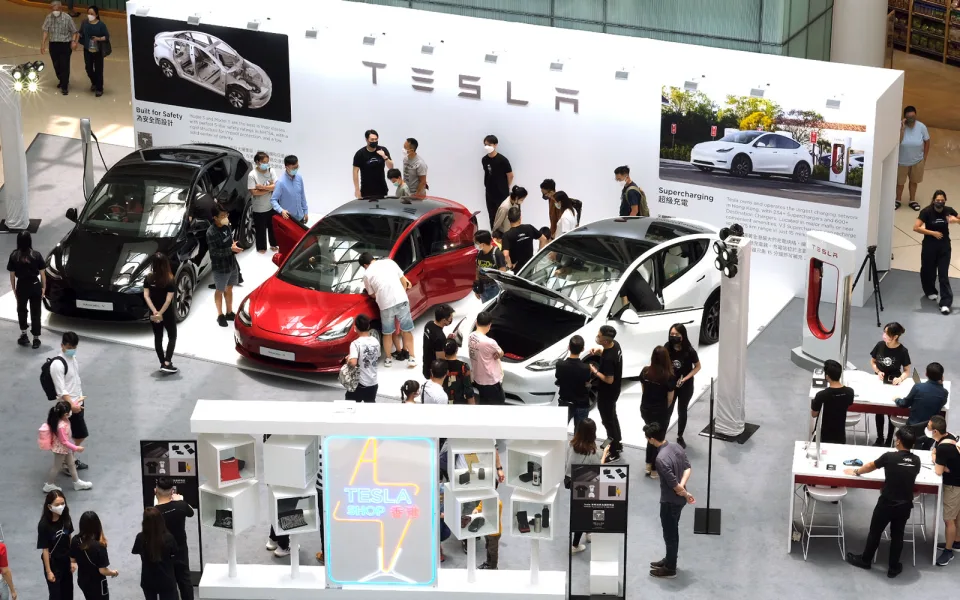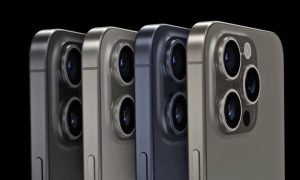Amid the ongoing efforts by the Biden administration to restrict the use of Chinese battery components in US electric vehicles, Tesla’s Affordable Model has recently declared that two of its models will no longer be eligible for the complete $7,500 federal tax credit starting January 1, 2024. As highlighted by our affiliated site TechCrunch, Tesla’s official website currently features a prominent banner stating that tax credit “reductions are likely for certain vehicles in 2024.” The banner encourages customers to “take delivery by 12/31” to ensure eligibility for the full claim. A linked message in the banner provides details on which two models are anticipated to be affected.
“Customers who take delivery of a qualified new Tesla and meet all federal requirements are eligible for a tax credit up to $7,500. Tax credit will reduce to $3,750 for Model 3 Rear-Wheel Drive and Model 3 Long Range on Jan 1, 2024. Take delivery by Dec 31 to qualify for full tax credit.”
As per the regulations outlined in the Inflation Reduction Act (IRA), vehicles utilizing battery components that are 50 percent manufactured or assembled in the United States qualify for the initial half of the tax credit, amounting to $3,750. The remaining half of the credit is contingent on the vehicle manufacturer sourcing at least 40 percent of their critical minerals from the United States or its free trade partners, excluding China. Meeting either one of these criteria allows the vehicle to receive a partial credit.
However, in the recent proposal for amendments to the IRA credit rules issued on December 1, the Biden administration aims to further enhance the requirements for the clean vehicle tax credit by specifically targeting Foreign Entities of Concern (FEOCs), which encompass China, Russia, North Korea, and Iran.
“Beginning in 2024, an eligible clean vehicle may not contain any battery components that are manufactured or assembled by a FEOC, and, beginning in 2025, an eligible clean vehicle may not contain any critical minerals that were extracted, processed, or recycled by a FEOC.”
In June, the most affordable Tesla’s affordable model, the rear-wheel-drive Model 3, transitioned from receiving half of the tax credit to securing the full credit, presumably attributed to alterations in the supplier or materials to align with the specified guidelines. Despite the current reversion back to receiving only half the credit, this partial benefit may diminish entirely next year, unless Tesla opts to procure batteries from other countries, potentially incurring higher costs.




